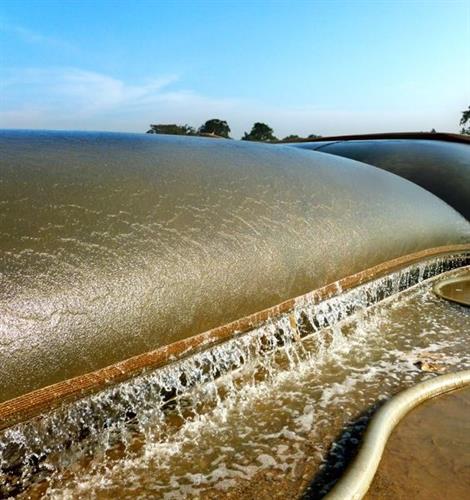
The stormwater that makes the winding path from home rain gutters to city drains and the sewage coming from homes and businesses end up together on the way to treatment facilities.īut the wastewater doesn’t always make it there, which is by design. The Columbus system is one of a handful of older sewer systems in Georgia built to collect rainwater runoff and sewage in the same pipe. Hamilton in a letter to the utility and its lawyers. “These issues are of significant public interest to people in the community whose water and environment is being affected and whose taxes fund CWW’s activities,” wrote clinic fellow Samantha C. The clinic opened its doors this year with the mission of defending and advancing freedoms under the First Amendment, and as part of that, its staff and student workers provide legal assistance at no charge to journalists pursuing thorny public record requests.

The Columbus Water Works initially rejected requests from the Georgia Recorder for billing statements from King & Spalding, citing attorney-client privilege and attorney work product doctrine and the potential that spikes in payments could reveal information about the utility’s legal strategy.īut with pressure from the First Amendment Clinic housed within the University of Georgia School of Law, the utility agreed to provide an aggregate dollar amount. The utility’s water board recently approved a rate increase for the spring that is unrelated to the permit, he said. “The legal expenses are far less than the additional financial burden these unnecessary requirements would cause our customers to pay in the form of higher rates.” “We have a responsibility to manage our customers’ costs,” he said. The changes baked into the permit, he said, could lead to “even tighter requirements” when the permit is up for renewal in five years. Vic Burchfield, a senior vice president with the utility, said in a statement it could cost more than $10 million to pay for the projects needed to comply with the new permit requirements, and he’s wary this would likely just be beginning. The utility appealed the agency’s decision last week. That tally does not include legal bills paid before King & Spalding was hired or for payments made since October.īut the utility’s legal maneuvers and threat of a legal challenge did not stop state regulators from signing off last month on a permit with the tougher water quality regulations. Over the course of a year and a half, from last May through mid-October, the Columbus Water Works paid the firm about $411,000 to represent them in the latest chapter of its years-long negotiations with the state agency. The public utility has hired outside legal help over the years to push back on the permit, and last summer, it enlisted a high-powered Atlanta law firm, King & Spalding, in its fight with the state agency. A public records request, produced with the assistance of a new law clinic, revealed that the utility is spending significant amounts of public funds to challenge water quality requirements. Its previous permit expired in 2015.īut challenging the permit has a cost, too. The Columbus Water Works has cited the cost to comply with the new water quality requirements as at least part of the reason for its long-standing objections to a state permit that has been in limbo for years. Credit: Henry Jacobs/Chattahoochee RiverkeeperĪ middle Georgia public utility has spent years fighting a new state permit that would impose more limits on pollution flowing from the sewer system into a popular stretch of the Chattahoochee River known for its fishing and whitewater rafting.


 0 kommentar(er)
0 kommentar(er)
